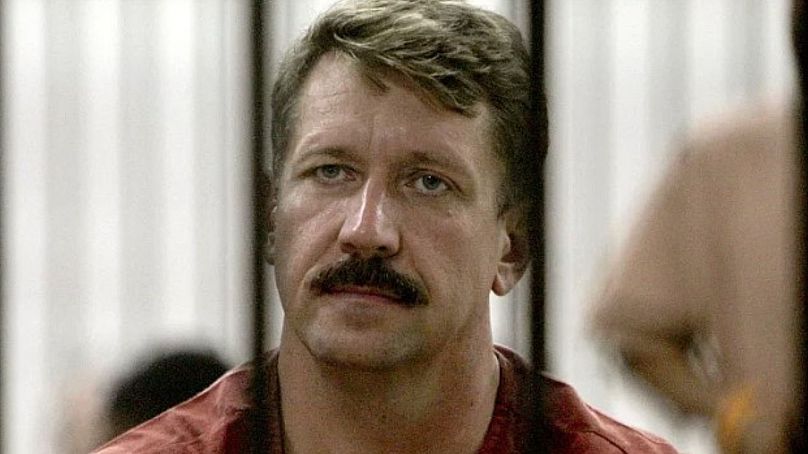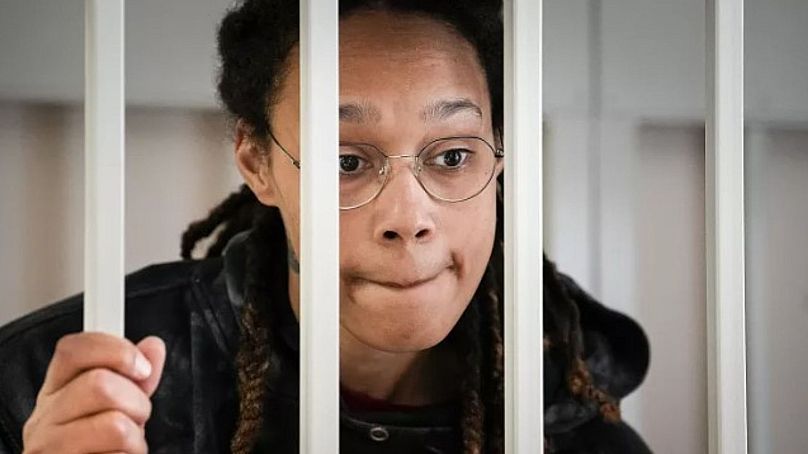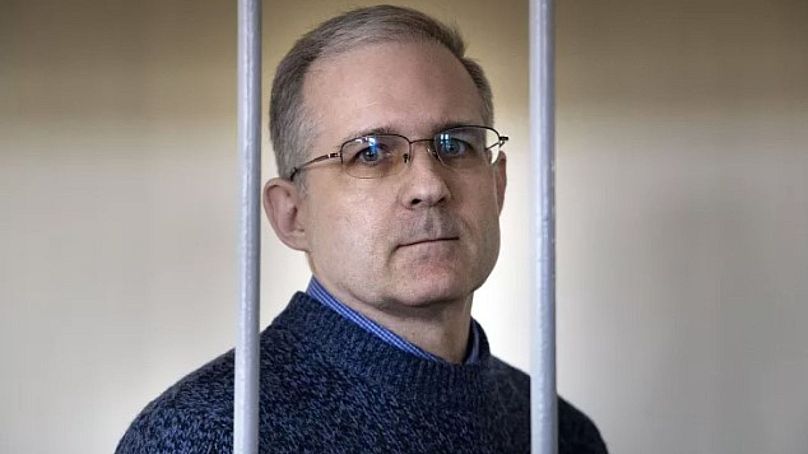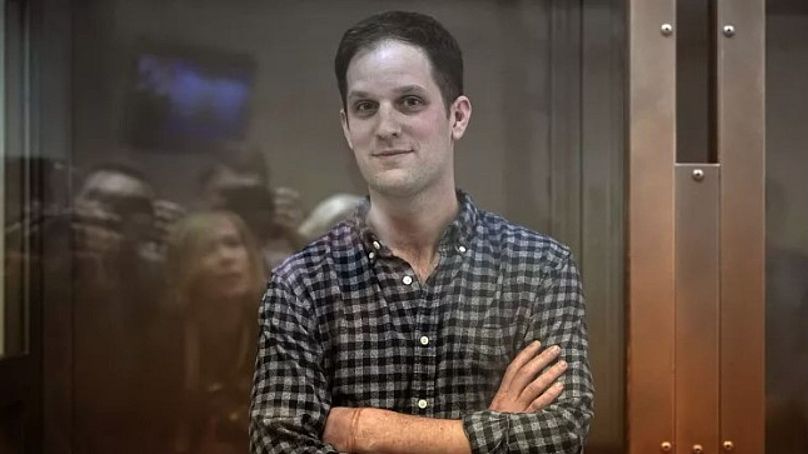Despite the icy relations, Moscow and Washington continue to find ways for dialogue. US governor Bill Richardson is the man behind the scenes.
On 13 June, the US House of Representatives unanimously supported a resolution calling for the immediate release of Wall Street Journal reporter Evan Gershkovich, who was detained in Russia in March this year. A similar resolution is expected to be passed for businessman Paul Whelan, who has remained behind bars since December 2018.
This story is familiar to Bill Richardson. The former American governor and diplomat is now, in his own words, "a private citizen". He operates behind the scenes, working with Russian diplomatic representatives and seeking the release of US citizens:
"I have a long history with the Russian government as a member of Congress. I visited Moscow and as US ambassador to the UN, we dealt with a lot of issues with Russia," he tells Euronews
Richardson founded the Richardson Center, a non-profit organisation that mediates prisoner swaps between Russia and the United States.
"We were involved in the release of Brittney Griner, Victor Bout, Trevor Reed and another American in exchange for a Russian. We are not currently involved in the case of the Wall Street Journal reporter, but there are other cases where we have been involved in the cases of Americans in Russia and engaged in dialogue with the Russian Federation. We also worked on the Paul Whelan case under the Trump administration in the past."
There are others whose identities he prefers not to reveal.
How does Richardson do it?
The former governor of New Mexico’s work as US energy secretary has given him access to senior Russian officials, and the rest, he says, comes down to diplomacy:
"It's very important to improve the 'humanitarian climate' by discussing prisoner exchanges, other issues related to food security, grain, nuclear security issues."
Both Moscow and Washington are acting behind the scenes for the release of their citizens. Open diplomatic relations between the West and Russia have stalled since the full-scale invasion of Ukraine. But this little-known side of the relationship still works with a respected level of harmony.
Richardson insists he is working alongside, not for, the US government.
"The US government has its own strategy, I don't interfere in their affairs, particularly in relation to the WSJ reporter. But the strategy is mainly about dialogue. And you know what the Russians want in exchange: Russian prisoners."
Gershkovich was detained in late March. He is accused of espionage and gathering information about the Russian military-industrial complex. If convicted, he could face up to 20 years in prison. US President Joe Biden has promised to do everything possible to get the journalist released.
Richardson freely admits relations between Moscow and Washington are "very icy" right now, but he is holding out hope for two other detainees he’s working to free.
"Negotiations may not be moving quickly. But negotiations are not stopping, and that is a positive thing."















